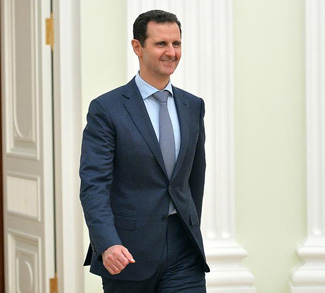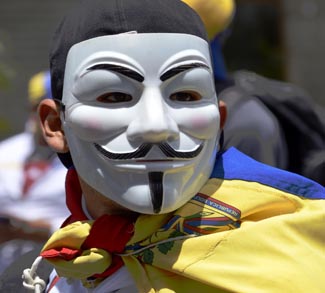Summary
Leaders of East Europe’s two largest countries — Russian President D. Medvedev and Ukrainian President V. Yanukovych — will meet in Kyiv on May 17-18.
Analysis
In its initial form, the agenda included the signing of five agreements:
- on the demarcation of the overland section of the border between Russia and Ukraine;
- on Ukraine’s joining the Russian GLONASS satellite navigation system;
- on the cooperation between the two countries in the financial sector, education, and culture.
Chief of the Russian President’s Administration S. Naryshkin said the Russian and Ukrainian Presidents would also issue a joint declaration on European security and the resolution of the conflict in Transdnistria.
Ukraine’s switching to GLONASS, the only alternative to the US-maintained GPS at the moment, is a noteworthy development. Work on GLONASS commenced in the Soviet era as a project to be implemented by tightly integrated Russian and Ukrainian enterprises, but its realization was delayed by the collapse of the USSR. Currently both Moscow and Kyiv regard Ukraine’s reverting to GLONASS as a logical and long-awaited step.
From the standpoint of the Russian-Ukrainian relations, Kyiv’s decision to adopt GLONASS is a clear indication that the new Ukrainian President V. Yanukovych intends to rebuild the country’s relations with Russia that would not only be warmer than under previous administrations but would, moreover, be based on much greater openness. GLONASS is an intellectual telematic satellite system providing real-time position and velocity determination. Available to civilian users, it can also serve military needs, which evidently means that Russia and Ukraine are going to synchronize a number of military technology standards and generally broaden their defense cooperation.
The pursuit of economic modernization in Russia and Ukraine and the strengthening of their ties in knowledge-intensive sectors of the economy prompt deeper scientific collaboration between the two countries. The adaptation of the existing research and development potentials to the current needs of the economy is seen as the key task in the context.
The long-term Russian-Ukrainian agenda features serious joint nuclear energy projects. It is planned that Russia will construct new nuclear generating capacities in Ukraine and that Ukraine will get involved with Russia’s Angarsk international uranium enrichment center supplying fuel to nuclear power plants worldwide. Such economic interaction between the two countries — within the nuclear energy sector at the initial phase — should become the starting point for wider industry-level integration.
The future cooperation between the Russian and Ukrainian aerospace industries should also transcend ordinary business relations. The plan currently on the table is a merger of Russia’s United Aircraft Corporation and Ukraine’s Antonov aircraft manufacturer renown all over the world for its large liners.
Generally, the Ukrainian government realizes that a reconstruction of formerly integrated technological chains, which, in the majority of cases, Ukraine used to share with Russia, is the only strategy that can open to Ukraine opportunities to sustain and to modernize its industry, as well as to shift from consuming to generating innovations.
The Medvedev-Yanukovych summit is expected to produce a breakthrough in the relations between Russia and Ukraine in the humanitarian sphere. Great importance is attached to the studies of the XVII-XX centuries common history of the two countries, the epoch when the present-day Russia and Ukraine used to coexist in the framework of unified statehood — that of the Russian Empire and the Soviet Union. Ukrainian Science and Education Minister Dmytro Tabachnyk expressed a view that new history education programs and textbooks should be written in cooperation with Russia and that the Russian literature should not be bracketed with foreign literature in school and college curricula.
Joint statements by the Russian and Ukrainian leaders on international politics are sure to become the highlight of the summit. Reportedly Kyiv is going to back Russian President Medvedev’s proposal for the European Security Treaty, an initiative which ranks high on the Kremlin’s agenda. The two leaders will likely present coordinated positions on a number of other international politics issues.
On May 15, the Ukrainian media broke the news that at least three additional documents would be inked during Russian President D. Medvedev’s visit to Kyiv. Moreover, there is information that some 10-12 documents are being prepared in Moscow for the coming summit.
The ambitious agenda and the impressive package of agreements to be signed reflect the fact that — for the first time over the past two decades — Russia and Ukraine are on track for a real strategic partnership and for the trusting relations natural for the two Slavic countries.



